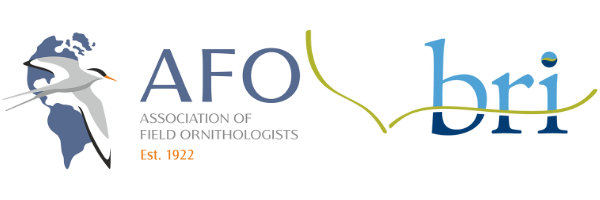1. More than anything else, banders are responsible for the safety and welfare of the birds they study. This means that stress and risks of injury or death need to be minimized. Some basic rules are as follows.
- handle each bird carefully, gently, quietly, and with respect
- capture and process only as many birds as you can safely handle
- close traps or nets when there are known predators in the area
- do not band in inclement weather
- frequently assess the condition of traps and nets and repair them quickly
- trainees must be properly trained and supervised
- check nets every 20 to 30 minutes
- check traps as often as is recommended for each trap type
- properly close all traps and nets at the end of the banding day
- do not leave traps or nets set and untended
- only double-bag non-aggressive birds of the same size and species
- use the correct band size and banding pliers for each bird
- treat all bird injuries in the most humane way
2. Banders must continually assess their own work to ensure that it is beyond reproach.
- reassess methods and your approach whenever an injury or mortality occurs
- accept constructive criticism from other banders
3. Banders must offer honest and constructive assessment of others' work to help maintain the highest standards possible.
- publish innovations in banding, capture and handling techniques
- educate prospective banders and trainers
- provide feedback of any instances of mistreatment of birds to the bander
- if there is no improvement, then file a report with the Banding Office
4. Banders must ensure that the data gathered are accurate and complete
5. Banders must obtain permission to band on private property.
Courtesy of USGS


